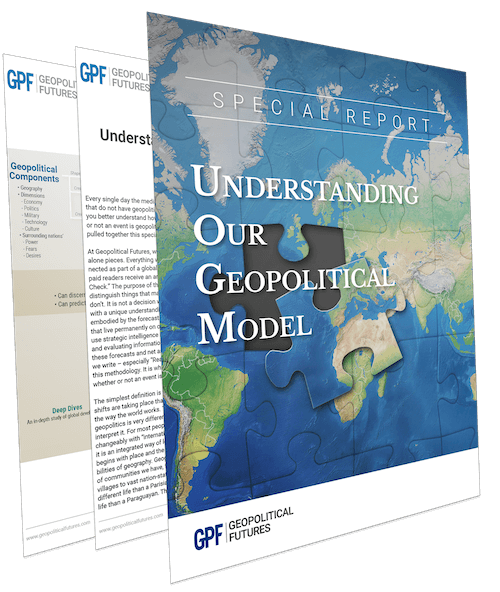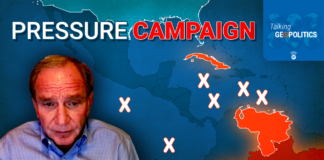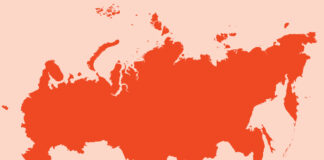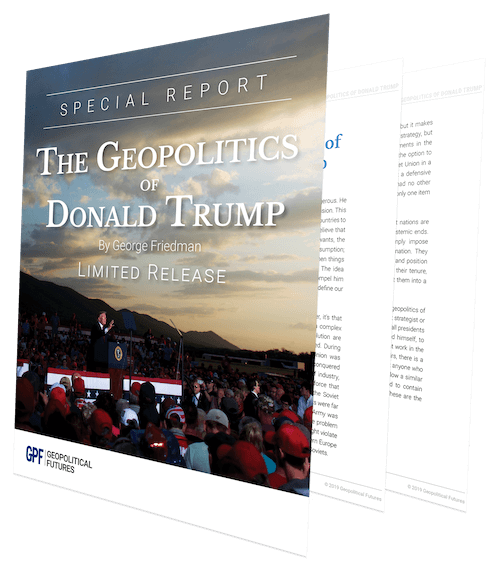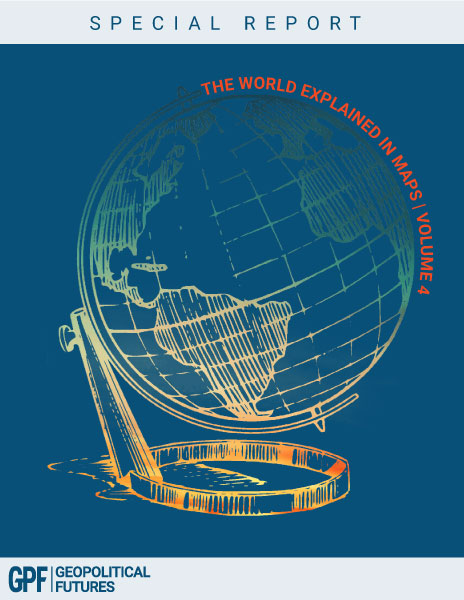US Bargaining With China and Russia
With the arrival of the second Trump administration, great power competition is at an inflection point. Both Russia and China face internal crises that compel them to engage with the United States. To increase their leverage, Beijing and Moscow are attempting to coordinate their efforts. However, their ability to support each other is severely limited, giving the U.S. considerable room to maneuver.
In recent days, the leaders of the world’s three great powers have engaged in a flurry of diplomacy. A few days before his inauguration, Donald Trump and Chinese President Xi Jinping held a phone call that both sides described as positive. Then, hours after taking the oath of office, Trump told reporters that Russian President Vladimir Putin was “destroying Russia by not making a deal [on Ukraine]” and that Russia was “in big trouble” given the state of its economy. Finally, on Jan. 22, Putin held a 95-minute video call with Xi, during which they discussed their interactions with the new Trump administration.
World leaders are typically quick to engage any new administration in Washington, although it’s uncommon for these interactions to occur even before the inauguration. However, this moment is different for two key reasons. First, Trump’s political comeback heralds a campaign to reshape the U.S. political system and overhaul U.S. foreign policy. Second, the world is beset by a level of crisis not seen since World War II.
The United States is managing two wars – in Europe and the Middle East – while confronting the potential for a third in East Asia. China’s economy is in steep decline, forcing Beijing to focus on stabilization. And Russia needs a resolution to its extremely costly war against Ukraine. In essence, all three powers are under immense pressure to deescalate and stabilize their geopolitical positions.
The common thread for China and Russia is that they both need to make a deal with the U.S. to solve their respective crises. Each recognizes the limits of what the other can do to help. Beijing is not in a position to aid Moscow’s war effort in Ukraine, while the Kremlin cannot help the Chinese Communist Party fix its economic problems – which are increasingly becoming political in nature. Both see their best paths forward as reaching agreements with Washington.
Russia hopes to leverage Trump’s pledge to end “forever wars” and his proclivity for dealmaking to retain as much Ukrainian territory as possible after nearly three years of conflict. Similarly, Xi hopes to convince Trump to offer some relief from U.S. restrictions on trade, technology and investment, which could help stabilize China’s faltering economy.
Though in some ways the second Trump administration presents opportunities for both China and Russia, Trump’s unpredictability and the looming threat of punitive measures mean that bargaining will be difficult, to say the least. This uncertainty was underscored by Sergei Ryabkov, the Kremlin’s top official for arms control and relations with the U.S., who warned on Jan. 22 that the window for a deal is narrow and that Moscow lacks clarity on Washington’s intentions. Similarly, Chinese Vice President Han Zheng acknowledged after meeting with his U.S. counterpart, JD Vance, that while there is potential for cooperation, significant disagreements remain.
The lengthy video call between Xi and Putin signals a recognition of their shared reality. The leaders are said to have compared notes on how they see the U.S. behaving in this new era. But setting aside their tireless rhetoric about their strong bilateral friendship, both leaders are wary that a deal between one of them and Washington could harm the other’s interests. Therefore, in addition to coordination, their call was also intended to assess how far the other was willing to compromise.
From the U.S. perspective, negotiations with Russia have a clearer path, given Washington’s interest in ending the Russia-Ukraine war. The key question is how much of Ukraine’s territory Washington is willing to let Moscow retain in a ceasefire. Talks with China are far less straightforward due to the complexities of the geoeconomic relationship. In both cases, however, Washington holds significant leverage, knowing that both Beijing and Moscow have no choice but to engage.
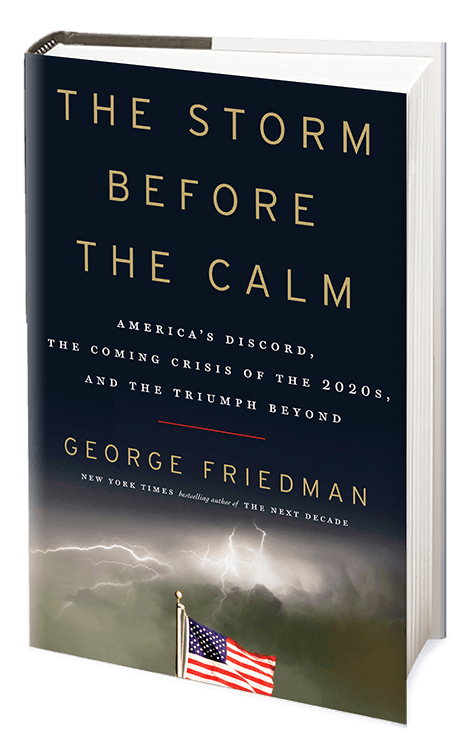 “Who will win the acrimonious 2020 presidential election? Shockingly, it won’t actually matter that much, argues renowned geopolitical forecaster George Friedman. America, he contends, is governed less by leaders and legislation and more by cyclical forces that work deep within the nation’s unique structure.”
“Who will win the acrimonious 2020 presidential election? Shockingly, it won’t actually matter that much, argues renowned geopolitical forecaster George Friedman. America, he contends, is governed less by leaders and legislation and more by cyclical forces that work deep within the nation’s unique structure.”




